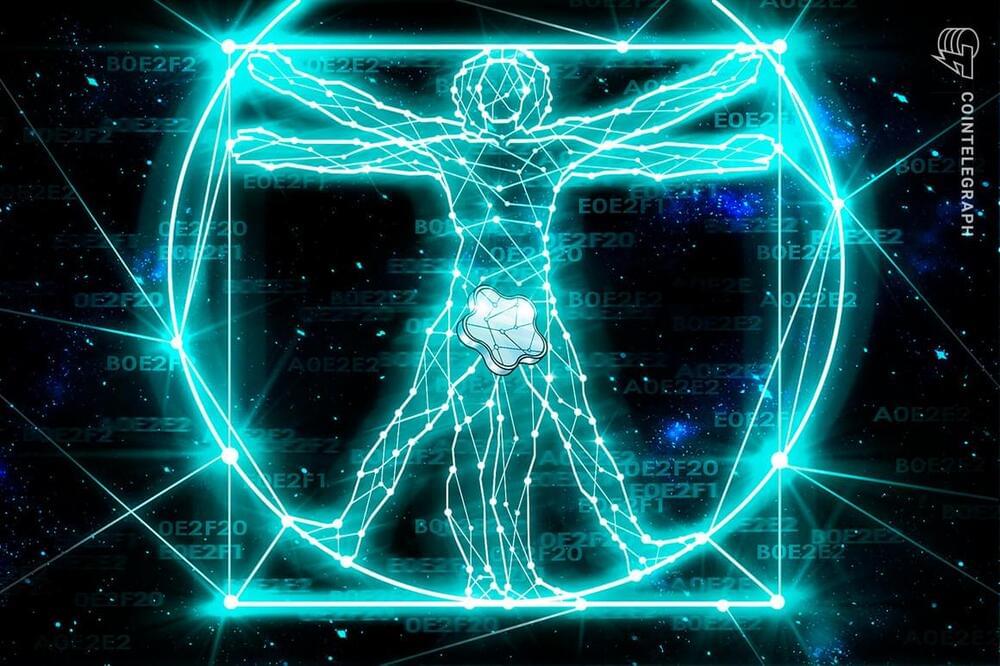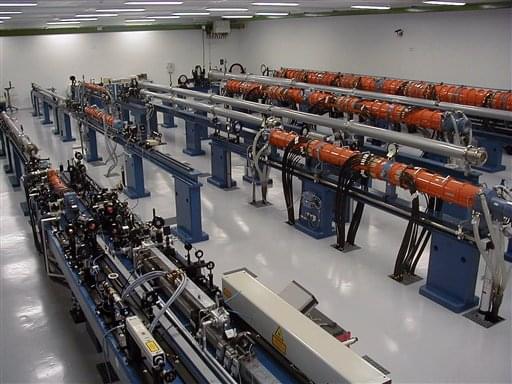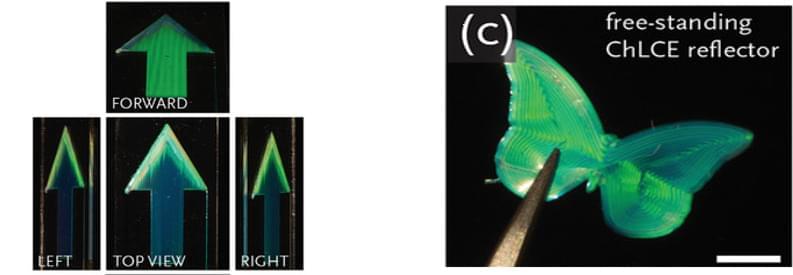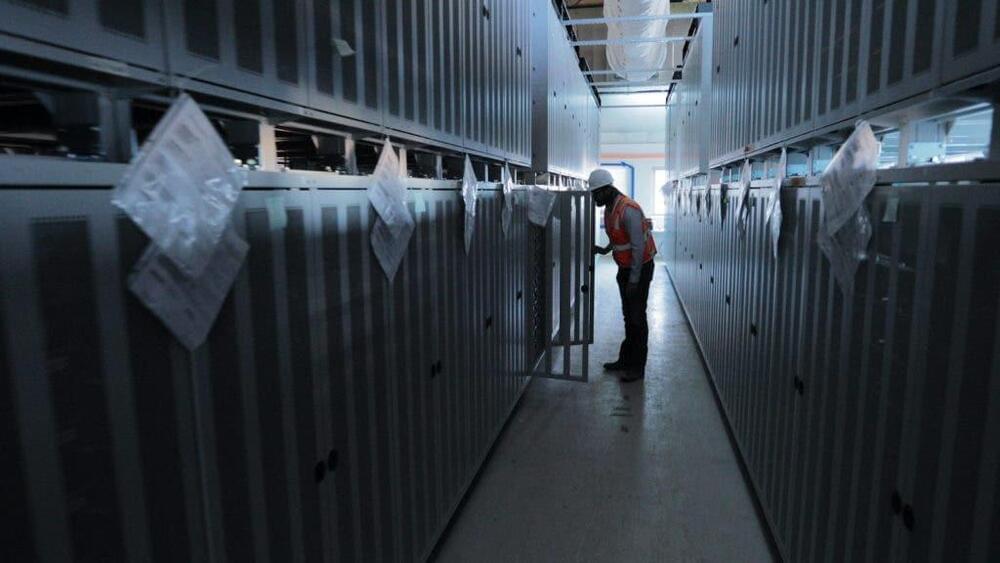A Razer Synapse zero-day vulnerability has been disclosed on Twitter, allowing you to gain Windows admin privileges simply by plugging in a Razer mouse or keyboard.
Razer is a very popular computer peripherals manufacturer known for its gaming mouses and keyboards.
When plugging in a Razer device into Windows 10 or Windows 11 the operating system will automatically download and begin installing the Razer Synapse software on the computer. Razer Synapse is software that allows users to configure their hardware devices, set up macros, or map buttons.









